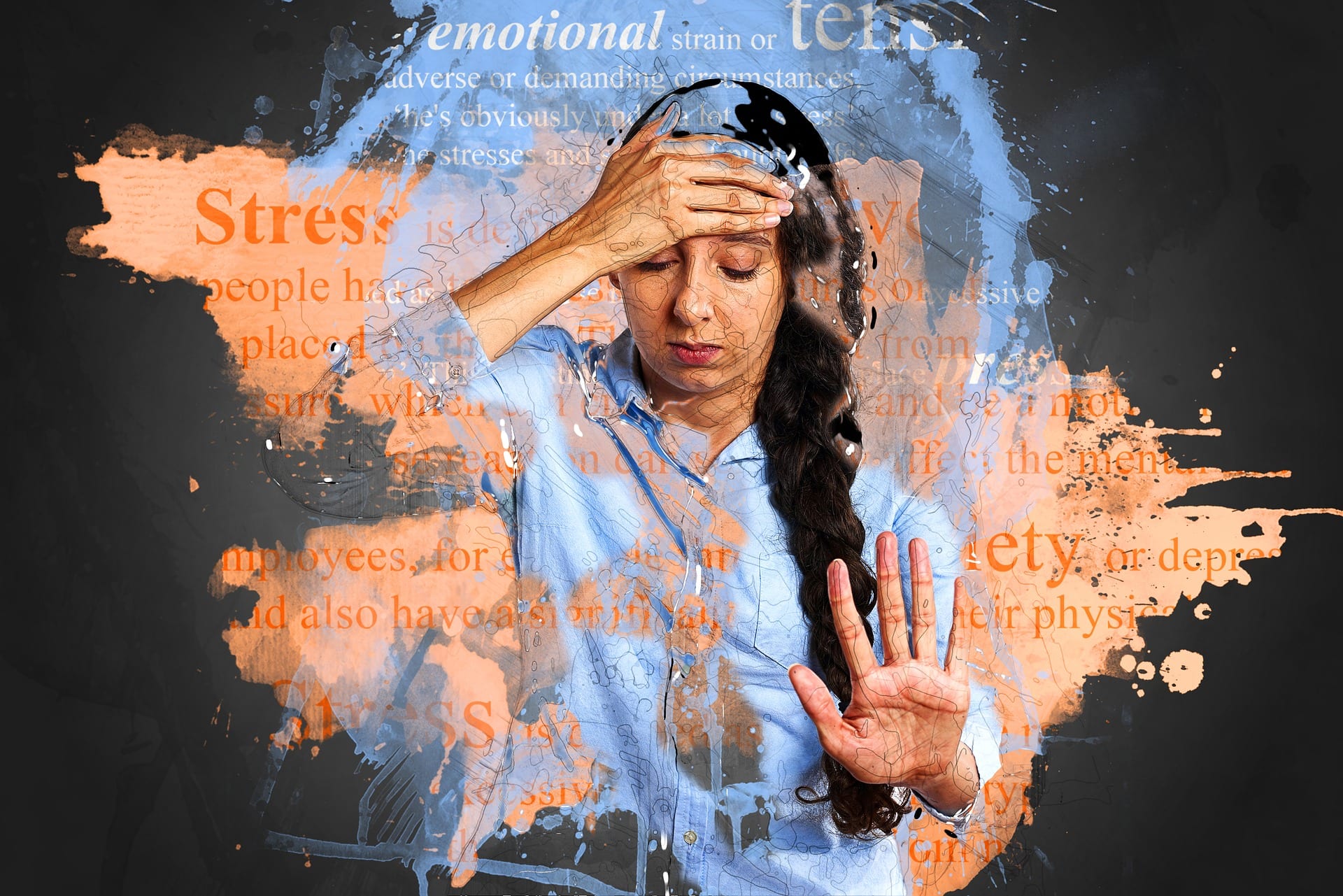I was at a park play date with a new friend who is a grandmother, and we were discussing our kids … hers that are grown, and mine still young and impressionable. I thought we were comfortable enough that I could open up a little, and mentioned how my daughter has anxiety. She scoffed and said, “Is anxiety in kids the new ADHD?” So much for feeling comfortable! I told her that no, they are two very different conditions, and just like ADHD, it can be a big obstacle for her.
I can imagine how it must seem “trendy” with how many kids are diagnosed with anxiety nowadays.
According to The Journal of Pediatrics, 7.1% of children aged 3-17 years have been diagnosed with anxiety. We’re not just talking butterflies and first day of school jitters here. 4.4 million children have anxiety, and it’s not a new affliction. It may be on the rise but I think we are more aware of it now than previous generations and are more likely to seek help for our children. This grandmother comes from a different generation so there probably wasn’t much awareness around this particular disorder and the best way to treat it. The thing that bothered me most about her tone was that it was as if she was saying, “That’s not a real problem.”
However, I’ve seen firsthand just how generalized anxiety disorder (or GAD) can affect someone if left untreated during childhood.

It sent my own sister to the emergency room over panic attacks and could be debilitating at times to where she doesn’t want to leave the house. Traits I saw in her as we were growing up could be frustrating to someone from the outside that didn’t understand. “Oh, she’s just looking for an excuse to get out of having to go to this baby shower.” I’m not proud of it but I did my fair share of scoffing, too. This was a real problem, though; a problem that can make you physically ill or snowball into other mental illnesses such as panic disorders, phobias, obsessive-compulsive disorder (OCD), to name a few.
It wasn’t until I started seeing the same exact traits in my daughter did the light bulb go off.
My typically silly, outgoing child started to become more withdrawn and defiant the older she got. There was a lot of “my tummy hurts” and not wanting to leave my side in public. Joyous, fun events like Christmas and birthday parties became a source of dread and nonstop worry. God forbid if there was a piñata involved! She would turn into a crumpled mess because she simply couldn’t handle the pressure.

We decided to seek out a child therapist who specializes in play therapy and it did wonders for our daughter. She helped coach her through the thought process in those moments of worry and intense outbursts. I like to say that my daughter’s therapy helped me more than her because she also armed my husband and I with the tools we need to encourage her. We can empathize so much more with what she’s going through, and we are more patient and prepared when those anxious times catch us off guard.
I realized later that I shouldn’t harbor any resentment towards the woman at the park. I don’t like to admit it but I’ve been in her shoes. She simply didn’t appreciate what a genuine issue anxiety can be for children and families. I know now that a little understanding and compassion goes a long way.

















We have a child who is very similar and while he can keep it together often for other people or while at school, his worries come pouring out a home. Play therapy was the best time we ever spent. He formed such a connection with her and we finally felt like we knew how to help him with strategies he felt confident in. It’s something he will deal with forever but now he understands he has power over it to!
Absolutely! I’m so glad it resonated with you. I feel like I still get thrown a curveball every now and then but at least we have the tools to stop and say, “Ok, let’s start by taking our breaths” and go from there.